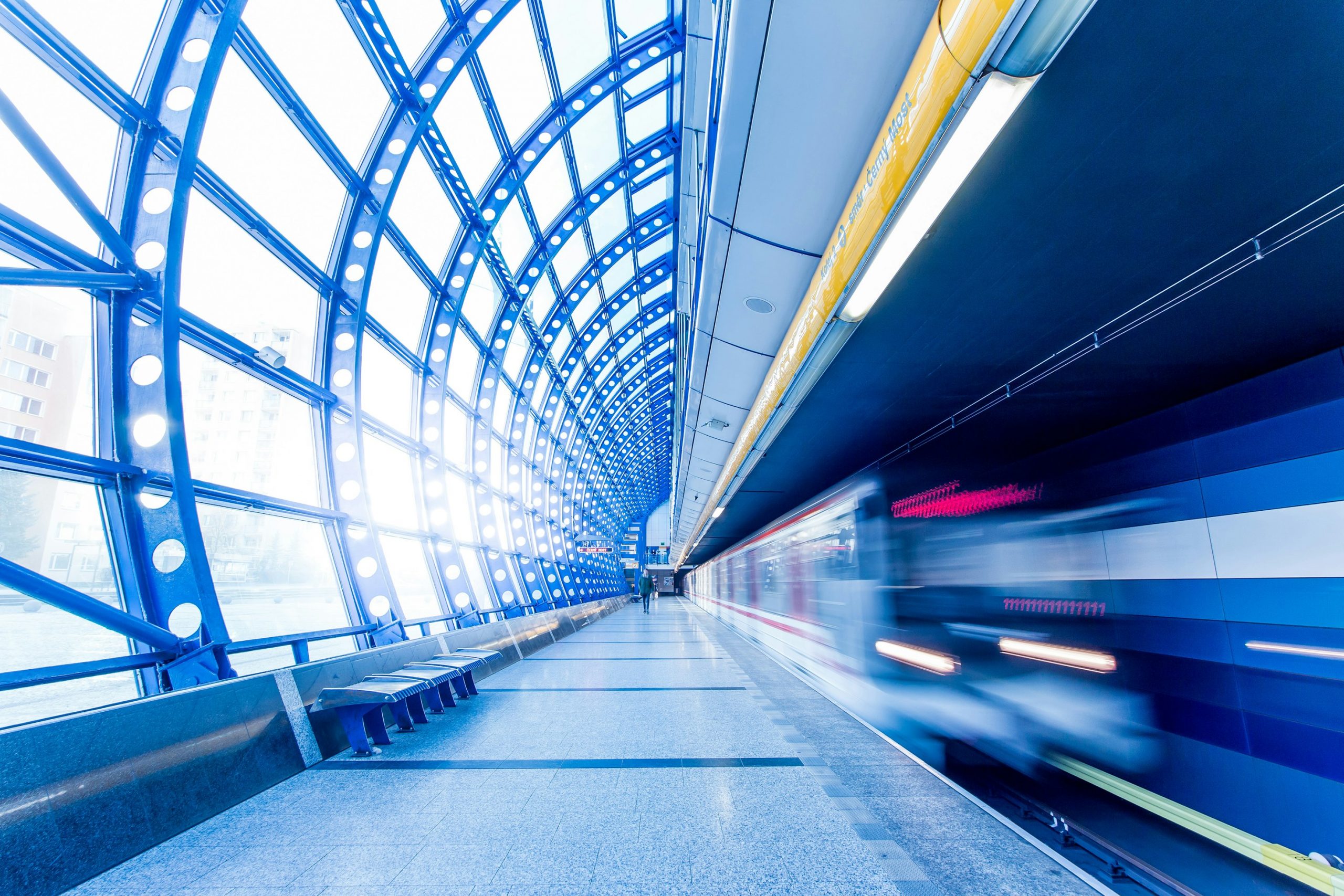
Sci&Tech Writer Lucas Simpson reports on the role that transport companies are playing in the Gaza conflict, and what this means for public transport
As one myself, I think that transport nerds can all reflect on how some of the companies that produce our beloved rolling stock and infrastructure contribute to injustices around the world. This can be seen in contributions to climate change, unfair working conditions, and perhaps most relevantly, contributions to war and the military industrial complex. It is important to address how some subjects of interest are contributing to the Gaza conflict, and know what can be done to support the struggle against Israeli occupation whilst promoting sustainable urban development.
A juggernaut in the transportation infrastructure sector, German engineering company Siemens is known for constructing rolling stock for North American light rail and the New Tube For London, amongst many other public transport projects. Siemens is also a large contributor to Israeli infrastructure. Siemens Energy, separate from Siemens as a larger entity, is working with the European Union and Chevron to construct the EuroAsia Interconnector electricity line between Israel, Cyprus, and Greece, but their dealings in the area do not end there.
Furthermore, UoB has an established partnership with Siemens. The University is collaborating with Siemens to transform both the Edgbaston and Dubai campuses, amongst other ventures such as building a rail research centre at Siemens’ UK base in Goole, East Yorkshire. The partnership aims to make the university a ‘Living Lab’, where AI, Internet of Things, and energy technologies will be used to get UoB closer to its net-zero targets, and achieve UN Sustainable Development Goals.
Siemens’ vested interests in supporting Israeli occupation have not been hidden: last year, the company pulled out of the Web Summit, Europe’s largest tech industry conference, after the main leader criticised the Western support of Israel’s response to Hamas’ initial attacks.
Looking at where the money flows, we can see the magnitude of investment that Siemens has taken from the Israeli state, amounting to hundreds of millions of dollars. Siemens acts as one of Israel’s main infrastructure providers, which helps to alleviate Israel’s public investment deficit.
This has led to many calling for Siemens to be excluded from public contracts for transport and other forms of infrastructure.
This could have repercussions for new transport projects. Awarding public contracts to Siemens could significantly limit public trust and support in new projects when moving towards the sustainable and efficient transport system vital in our cities. Companies such as Siemens contribute so much to the urban environment that we interact with on a daily basis; it’s a tangible piece of the web of investment that helps Israel in its war.
So what does this mean for transport advocacy?
Considering the sheer magnitude of the hold Siemens and others have on the transportation industry, it seems difficult to imagine a world (a Western one, at least) that doesn’t employ Israel-supporting companies for their infrastructure. City and national leadership need to be well aware of the extent that using companies such as Siemens contributes to this war, and award companies that do not with investment and contracts. This may appear far-fetched given how reliant our cities already are on these companies, and the extent to which policy-makers actually care, but it seems to be the only solution that fits within our current framework.
For public transport advocates that want to see a world without planet-and-people-killing exhaust fumes, efforts for sustainability can get muddled up in war. Therefore, it seems necessary to support anti-war and anti-colonial movements in order to truly stand for transport and urban development that helps everyone the world over.

Comments